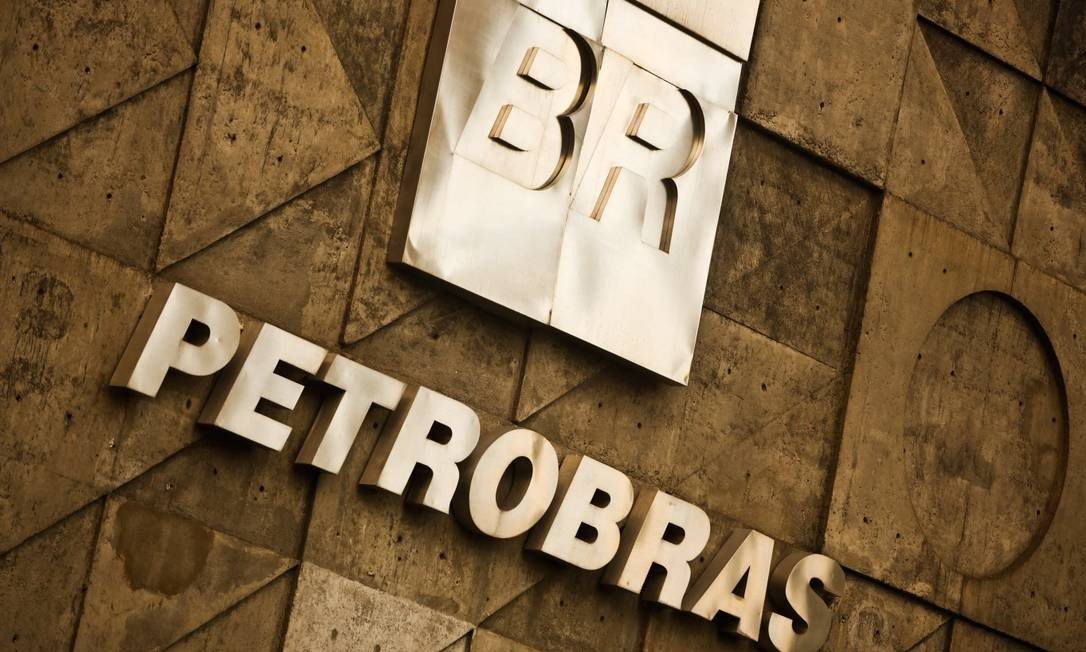RIO DE JANEIRO, BRAZIL – May will make history in the Brazilian capital market. The Petros and Previ foundations won a compensation claim against Petrobras in a dispute held at the Market Arbitration Chamber (CAM) in connection with Operation Lava-Jato. This is the first compensation to investors in Brazil for stock losses due to a company’s misconduct, that has been determined in an arbitration proceeding.

The ruling dates back to May 27th. Disputes at the CAM are confidential and the matter is being handled with great discretion. The amounts that Petrobras is required to pay have not yet been defined and, for the time being, the state-owned company has not notified the market of the pension funds’ victory in the case. The arbitration court has established a number of parameters.
According to sources close to the subject, Petrobras has consulted several jurists and is preparing to go to court to reverse the decision by CAM, which is a part of the B3 stock exchange. The deadline for such an appeal is 90 days from the decision. This may be the reason why the company has not notified the market about the issue, as it believes in the high probability of the outcome of the dispute being “annulled”.
When consulted, the state-owned company limited itself to reporting, through its press office: “The partial ruling mentioned in the case is confidential, it is not an end to arbitration and does not determine the payment of amounts by Petrobras. This partial sentence does not alter what Petrobras has already reported to the market on the matter.”
Brazil’s Arbitration Act (Law 9307/96) provides that “the arbitrator is a de facto and de jure judge, and the sentence delivered is not subject to appeal or ratification by the Judiciary.” According to the legislation, the arbitration decision is unappealable, except in cases of procedural flaws, such as an impediment to a party’s making its defense – which renders any review of the merits of the decision very uncommon.
The difficulty for investors to secure compensation is repeatedly pointed out as one of the shortcomings of the Brazilian capital market. The issue becomes more critical when it involves a company listed on the New York Stock Exchange. Foreigners are more easily rewarded there, which creates a distortion in the handling of shareholders in both jurisdictions.
The issues in Brazil are a combination of a sluggish judicial system and lack of specialization (in the context of the establishment of CAM 20 years ago), the lack of a simple model for class actions, and the very structure of Brazil’s Corporation Act, which assumes companies as victims of misconduct by their managers and controlling shareholders, and not as plaintiffs, i.e. as defendants.
At CAM alone, Petrobras is the target of four more complaints seeking compensation’there are similar lawsuits in the Netherlands and Argentina. The disputes have parallels with the class action brought in the United States resultng from the corruption scandals related to Operation Lava-Jato.
In the United States, Petrobras disbursed no less than US$2.95 billion in settlements to settle the disputes before they went to trial. Today, the amounts in dispute are almost R$15 billion.
Source: Exame

